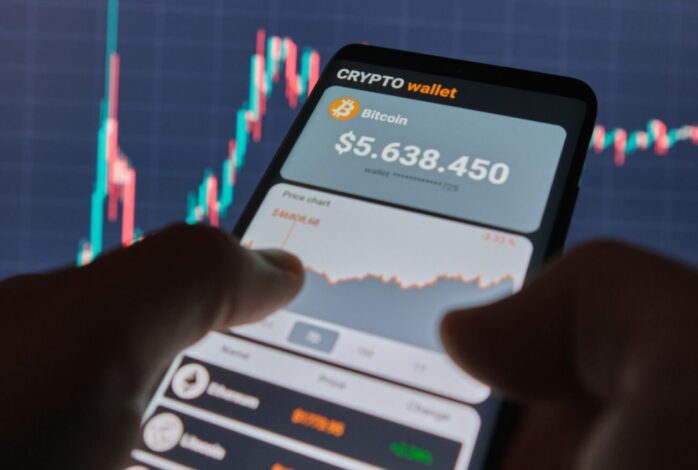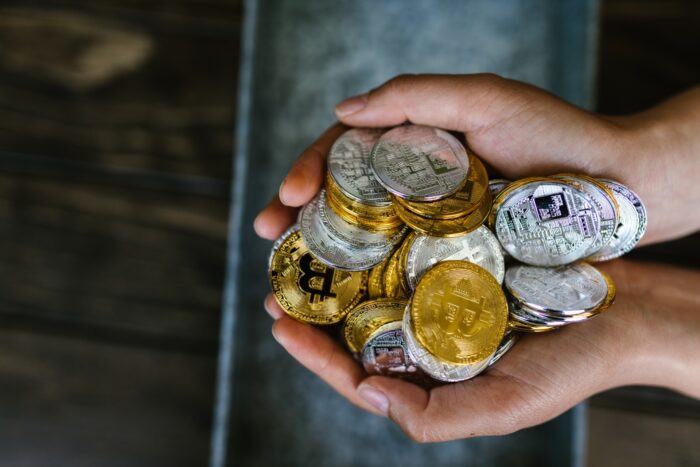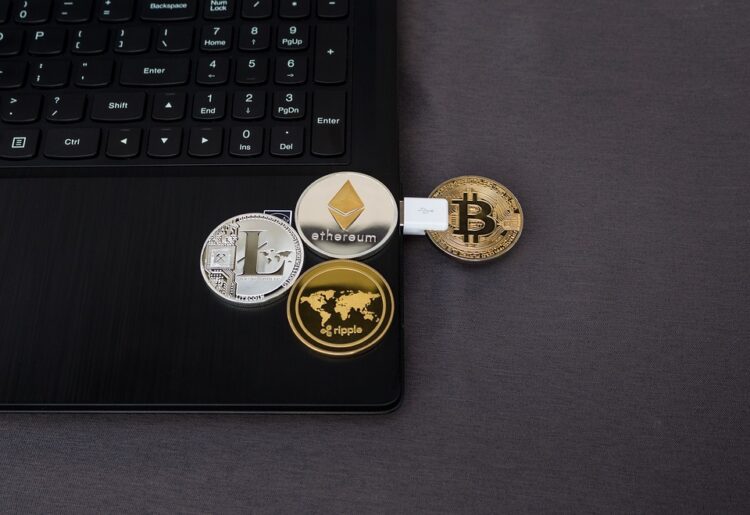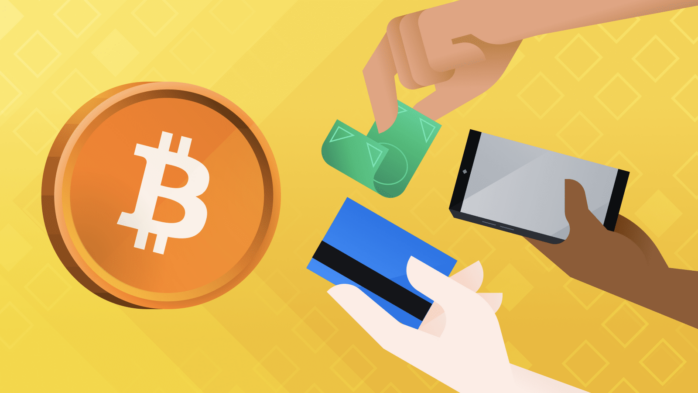
In the present trading environment, ‘decentralized’ crypto payment gateways are becoming increasingly crucial in the overall digital payments infrastructure. Powered by blockchain technology, they form a pivotal connection point, which is needed to operate in a fast evolving and dynamic economy that enables online shopping carts, POS systems and virtual e-terminals to seamlessly integrate and connect with the digital payment process. If your gateway or crypto exchange isn’t fulfilling the key aspects of functionality, security, transparency, anonymity, speed and reliability; it’s time to jump over to a different boat.
What is a Cryptocurrency Payment Gateway?
A cryptocurrency payment processor or gateway is a platform that allows crypto traders to accept payments in digital currencies like Bitcoin (BTC), Litecoin (LTE), Ethereum (ETH), etc. apart from receiving fiat currencies in exchange. It acts as an intermediary between the merchant/trader and consumer, allowing them to accept cryptocurrency payments, without the need for a crypto wallet. It ensures that the currency conversion process is smooth, quick and hassle-free.

How Does a Cryptocurrency Payment Gateway Work?
A crypto payment gateway is a true example of an innovative payment infrastructure, prevalent among other alternative payment methods. Today, all major enterprises are adopting it on a large scale for facilitating transactions between their customers. Let’s understand how it works, especially the workflow in steps.
- Your customer pays in cryptocurrencies at the checkout (in-store, on-the-web or on-App).
- When a customer places an order, the application records and verifies the customer’s data, encrypts it, and then sends all the details to the merchant’s web server via a secure SSL connection.
- The merchant then scans the blockchain, where the nodes confirm and validate transactions.
- Once it is confirmed, the virtual coins are transferred to the merchant’s digital wallet or account, thereby the payment gateway, notifying both the parties in a real-time manner.
- The amount paid is equivalent to the digital currency’s present market value, at the time when the transaction is taking place.
- The crypto payment service converts the amount into the fiat currency of your choice.
- The money/amount is then transferred and stored in your bank account at certain intervals, as specified in your service contract.
The Fees
The payment gateway service provider uses a digital wallet to complete the fund transfers. If that particular currency is designed with the crypto payment system, the said service provider will incur fees, which is charged by the transaction validators of the currency network. These validators verify blocks and crypto transactions in a blockchain. The provider then passes on these fees to the user, and thereby charge service fees, so that they can continue providing their services to users.

Application of Blockchain Technology in Payment Gateways
Today, blockchain payment gateways are revolutionizing the way crypto transactions are being processed, thanks to this smart technological innovation, which promises enhanced security, privacy, anonymity, transparency and speed. Blockchain facilitates affordable, secure and fast international payment processing.
Key Components of Blockchain Payment Gateways
- Wallets – All crypto users, merchants and traders store their cryptocurrencies like BTC, DOGE and ETH in these wallets that enable them to make and receive payments in a secure manner.
- Smart Contracts – They are ‘self-executing’ contracts, governed by a set of predefined rules, terms & conditions. It by-default facilitates and enforces the terms & conditions of transactions, thus doing away with the need for intermediaries.
- Consensus Mechanisms – All blockchain networks depend on consensus mechanisms, like proof of stake (PoS), proof of work (PoW) for the purpose of validating, tracking and verifying all crypto transactions. These processes ensure the integrity and security of a particular network.
Advantages of Cryptocurrency Payment Gateways

Freedom from Chargebacks
As a crypto transaction is processed through a dedicated payment gateway, it doesn’t allow chargebacks or refunds. This robust and unique payment gateway technological innovation attracts traders, investors, merchants and individual entrepreneurs who own high-risk businesses. Here, you’ve someone to contact with, in case there’s an issue with payments, and you can accept payments from any part of the globe. Most importantly, it minimizes volatility risks, thus reducing the risk of losing value.
Anonymity
Unlike centralized banks and mainstream financial institutions, decentralized payment gateways do not require any kind of registration or KYC (know your customer) for the purpose of identity verification. Instead, it makes it possible for consumers or users to join the network discreetly and anonymously. Anonymity is of great benefit for vendors who transact in digital assets, and are concerned about data and personal privacy.
Instant Processing
With the involvement of no financial intermediaries and central government regulations, crypto payment processing is extremely swift, taking a few seconds to minutes. It enables traders to accept crypto, and thereafter exchange or convert them into fiat currencies of choice.

Impact of Smart Contracts and Automation
Automation coupled with smart contracts is of immense benefit to people, especially those who are operating business enterprises and companies, as well as paying to vendors. Smart contracts can help:
- Cut short payment time.
- Help in facilitating real-time cross-border payments.
- Automate the payment slow process.
When drafting smart contracts, all the terms & conditions for transferring payments must be clearly mentioned. And, when the required customer credentials match, the payment is automatically made to the concerned individual. The beneficiary would receive the payment after he/she finishes the said task assigned to him/her, whatever is mentioned in the contract or deal.
Main Features of Crypto Payment Gateways
- Peer-to-peer transaction
- No involvement of intermediaries
- Cross-border payments & transactions
- Real-time exchange
- Easy integration
- OS compatibility features
- Auto settlement
- Facility of donation
Safety & Security Aspects of Gateways
Apart from offering the maximum transparency in transactions, blockchain also helps improve the overall functioning of the digital payment system, by streamlining payment flows to actual recipients. Moreover, it also lays down stringent security protocols and standards, by conducting regular wallet scans and bug-checking in the blockchain payment system. Therefore, it becomes mandatory to comply with the regulatory standards, as the system tests and checks diverse payment solutions that require integration with the aid of third-party vendors.

Final Words
When you have a cryptocurrency payment gateway that is designed around your core business requirements and specifications, it is indeed a value for money proposition in the long run. Here, a company like “UniPayment” can be of great help in ensuring a secure, transparent and fast crypto transaction, via their highly efficient crypto payment processor system. Therefore, companies that are thinking of expanding their scope of business operations, must go about integrating core blockchain-based applications into their existing payment mechanisms for achieving enhanced efficiency, security and transparency across the board.











